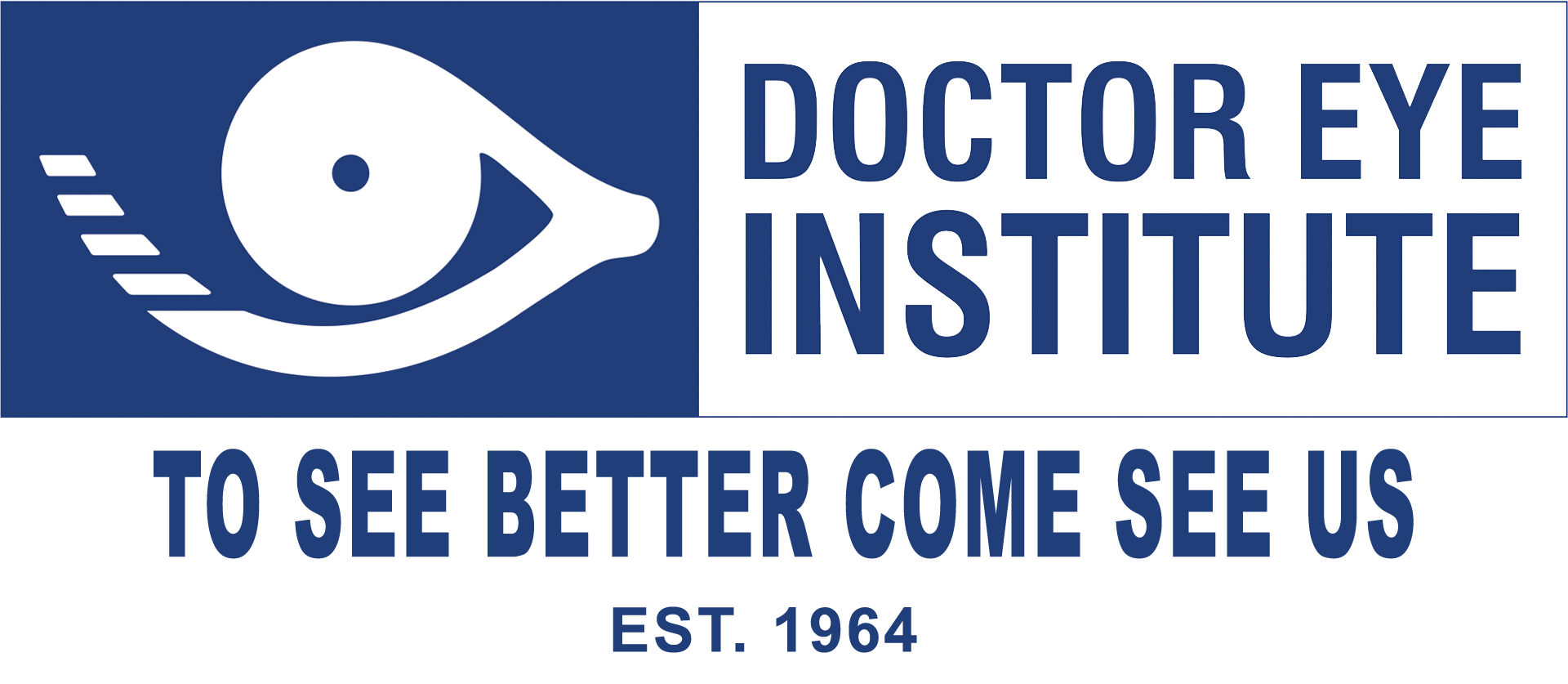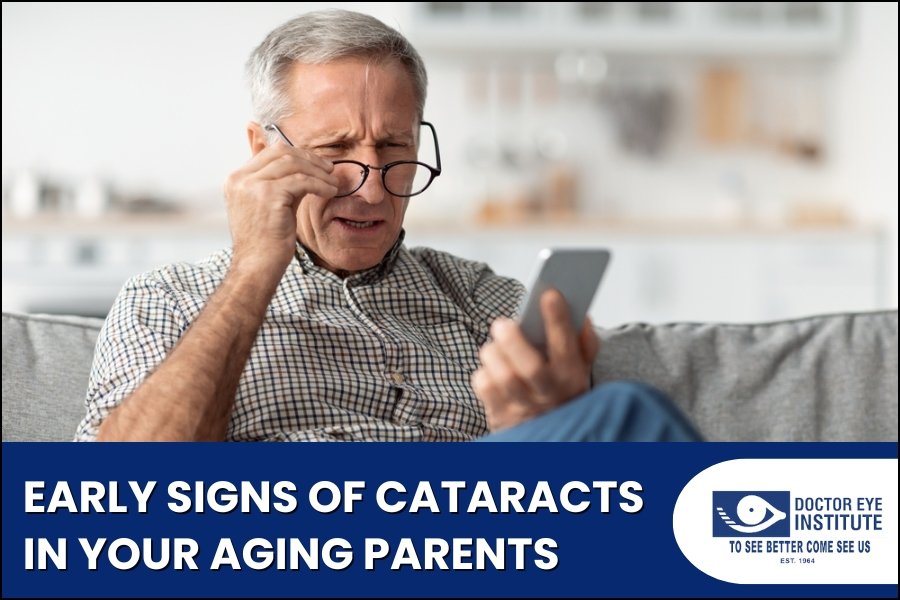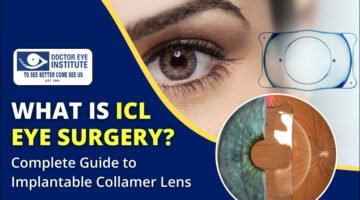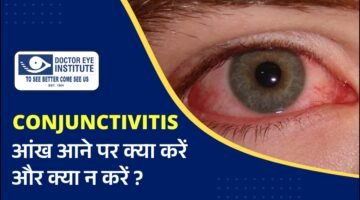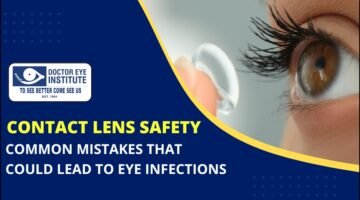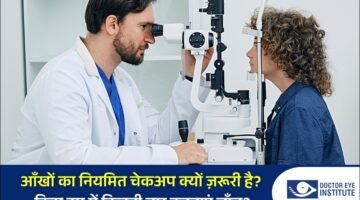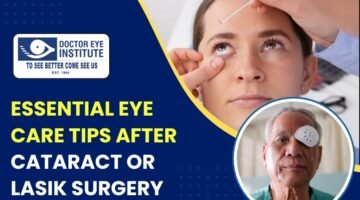Helping Your Parents Recognize Cataract Symptoms
Watching our parents age is a journey filled with love and gratitude, but it can also bring concerns about their health and well-being. One of the most common, yet often overlooked, age-related issues is the development of cataracts. Cataracts are a leading cause of vision impairment in older adults, but the good news is that they are treatable.
Recognizing the early signs is the first step toward helping your parents regain their clear vision and quality of life. This guide will help you identify the subtle symptoms and provide compassionate support.
What Are Cataracts, Exactly?
Before we dive into the signs, let’s understand the condition. A cataract is a clouding of the eye’s natural lens, which lies behind the iris and the pupil. This lens works much like a camera lens, focusing light onto the retina for clear vision. As we age, the proteins in this lens can clump together, forming a cloudy area that scatters light instead of focusing it. This process is gradual, meaning the symptoms often creep in slowly.
6 Early Signs of Cataracts to Watch For
Your parents might dismiss their changing vision as just “part of getting older” and may not mention it. Be proactive and look for these tell-tale signs:
1. Cloudy or Blurry Vision: This is the most classic symptom. They might describe their vision as foggy, filmy, or like looking through a frosted window. Objects lose their sharpness, and details become hard to see.
2. Increased Sensitivity to Glare: Do they complain about headlights from oncoming cars being painfully bright at night? Do they find bright sunlight or indoor lights suddenly overwhelming? Cataracts cause light to scatter, making glare a significant problem.
3. Fading or Yellowing of Colors: The world may start to look dull or washed out. They might have trouble distinguishing between colors like blue and purple. This happens because the cloudy lens acts like a yellow filter, altering color perception.
4. Poor Night Vision: Difficulty seeing in low-light conditions, such as in a dimly lit restaurant or while driving at dusk, is a major red flag. This often goes hand-in-hand with increased glare.
5. Frequent Changes in Eyeglass Prescription: If they need new, stronger prescriptions for their glasses more often than usual, it could be a sign that a cataract is progressively changing the lens of their eye.
6. Double Vision in One Eye: Unlike double vision caused by misaligned eyes, cataracts can cause double vision (diplopia) even when one eye is closed.
How You Can Help: A Step-by-Step Guide
Discovering that a parent might have cataracts can be worrying, but your support is crucial. Here’s how you can help:
1. Start a Gentle Conversation: Choose a calm moment. Use “I” statements like, “I’ve noticed you seem to be having trouble with glare while driving at night, and I’m concerned.” Express your care, not criticism. Reassure them that this is a common and treatable condition.
2. Encourage a Comprehensive Eye Exam: This is the most important step. Only a qualified ophthalmologist can diagnose cataracts and rule out other eye conditions. Offer to book the appointment and accompany them. Your presence provides moral support and ensures you hear the doctor’s advice firsthand.
3. Be Their Advocate and Note-Taker: During the appointment, help them ask the right questions: How advanced is the cataract? Is it affecting daily life? What are the treatment options? Take notes so you can review the information later.
4. Make Practical Adjustments at Home: While they await treatment, improve their safety and comfort:
– Lighting: Ensure their home is well-lit. Add extra lamps in hallways, staircases, and by their favorite reading chair.
– Reduce Glare: Use blinds or shades to control bright sunlight.
– Contrast: Use high-contrast colors (e.g., a dark placemat under a white plate) to make objects easier to see.
– Safety: Remove tripping hazards like loose rugs and keep pathways clear.
5. Offer Transportation: If their vision is significantly impaired, gently suggest that you or another family member drive them, especially at night or in bad weather.
6. Discuss Treatment Options: When cataracts begin to interfere with daily activities like reading, driving, or watching TV, surgery is the only effective treatment. Modern cataract surgery is a safe, quick, and painless outpatient procedure.
Modern Cataract Surgery: Restoring Vision, Transforming Lives
The thought of eye surgery can be daunting for anyone. It’s your role to reassure them. Explain that cataract surgery is one of the most common and successful medical procedures performed today. It involves removing the clouded natural lens and replacing it with a clear, artificial intraocular lens (IOL). The procedure is typically done under local anesthesia, takes only about 15-20 minutes, and patients go home the same day. Vision often improves dramatically within a few days.
Finding the Right Cataract Surgery Treatment in Mumbai
If you are in Mumbai and suspect your parents have cataracts, seeking expert care is paramount. You need a team known for its expertise, cutting-edge technology, and compassionate patient care.
For residents of Andheri and across Mumbai, the Doctor Eye Institute stands out as a premier destination for cataract treatment in Andheri, Mumbai. A team of highly experienced ophthalmologists specializes in the latest advanced cataract surgery techniques, including laser-assisted surgery and a wide range of premium IOLs that can correct astigmatism and reduce dependence on glasses.
Schedule a consultation with the Doctor Eye Institute today to discuss your parent’s vision and explore their treatment options.
Frequently Asked Questions
1. What are the first signs of cataracts in older adults?
The first signs include cloudy or blurry vision, sensitivity to glare, faded colors, poor night vision, and frequent changes in eyeglass prescriptions.
2. At what age do cataracts usually start?
Cataracts commonly begin developing after age 50, but noticeable vision problems often appear in the 60s and beyond.
3. Can cataracts be cured without surgery?
No, cataracts cannot be cured with medicines, eye drops, or lifestyle changes. Surgery is the only effective treatment once vision is affected.
4. Is cataract surgery safe for elderly patients?
Yes. Cataract surgery is one of the safest and most successful procedures, even for elderly patients, with quick recovery and excellent outcomes.

